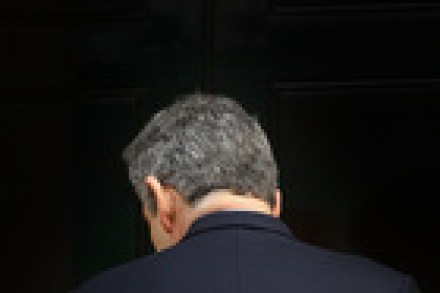The Tories should attack the national insurance increase
After a tricky few weeks for the Tories, the PBR has come of a bit of a relief for them. It is generating far more bad headlines for the government than good ones. The Standard’s splash on the national insurance hike is a taste of what the coverage is going to be like for Labour tomorrow. One point the Tories should be hammering home is that the national insurance hike is a far more significant tax rise than the tax on bank bonuses. The one-off tax on banks that pay sizable bonuses will only raise £550 million while in 2010-11 the various national insurance changes will cost taxpayers more than




















